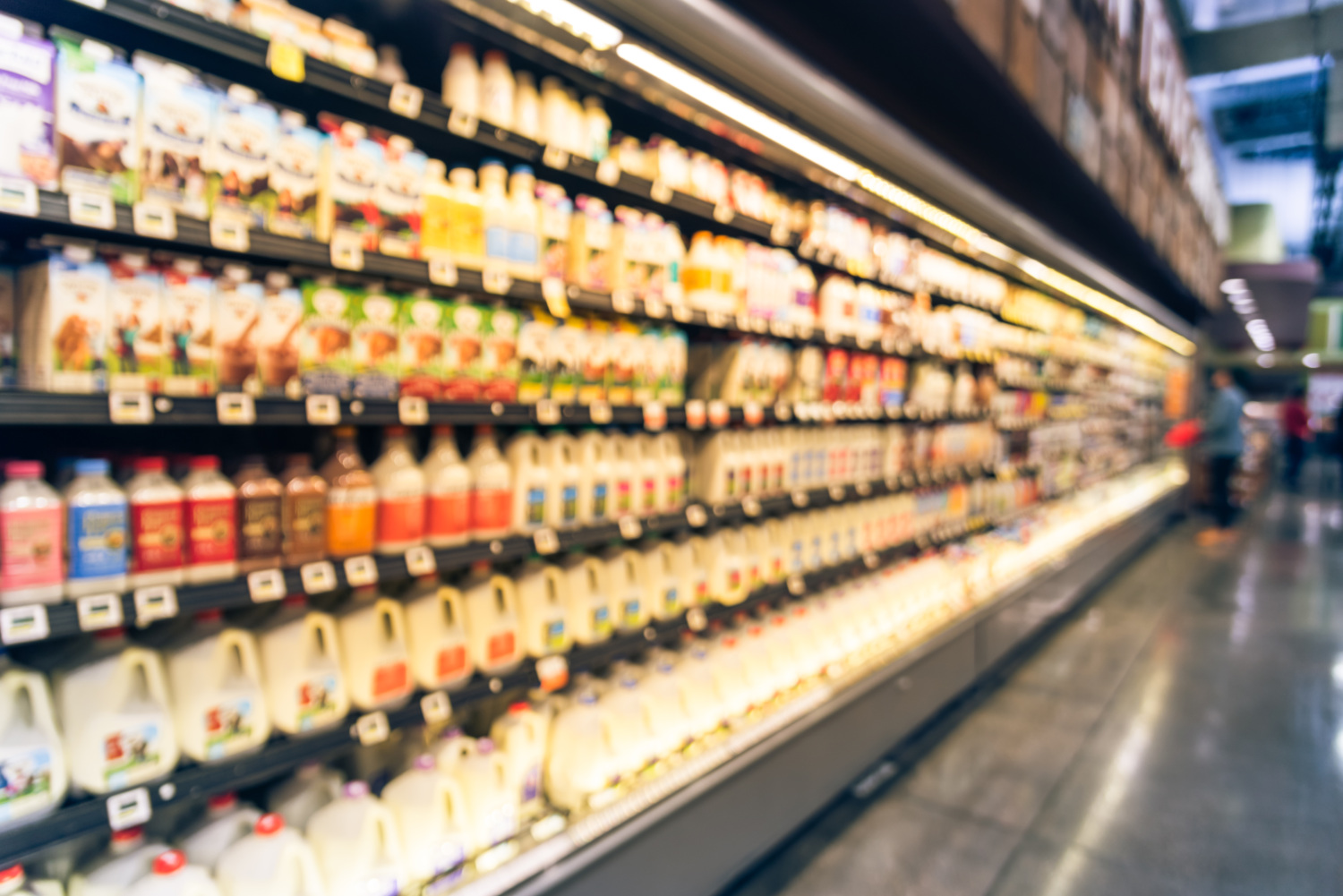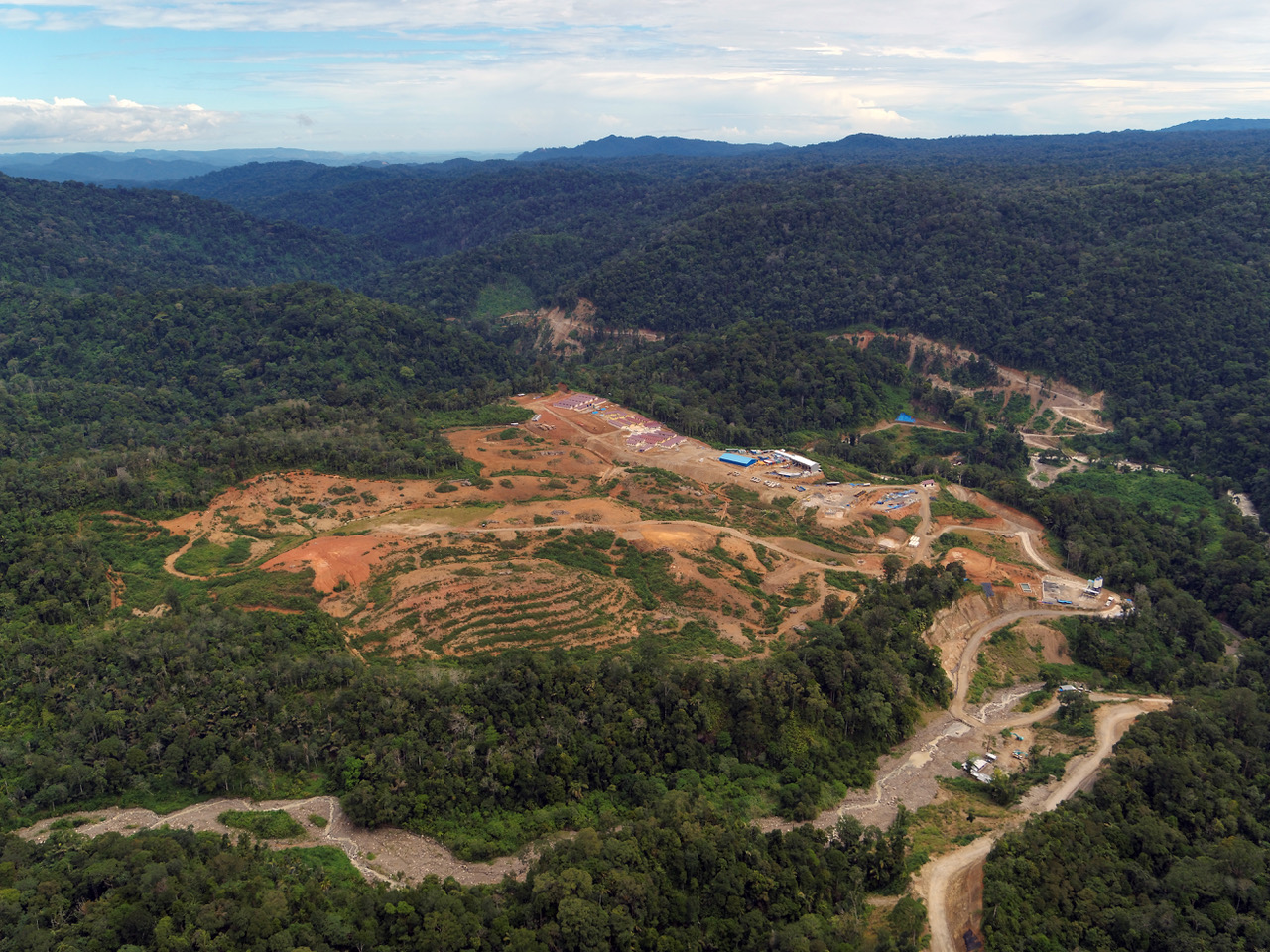
Dutch retail giant becomes first global supermarket to disclose methane emissions
Marking a breakthrough for climate transparency, Albert Heijn, the founding Dutch brand of retail giant Ahold Delhaize, has become the first global retailer to publicly disclose its methane emissions. Through a discreet update to its sustainability report, the Netherlands’ largest grocery chain revealed its methane emissions account for approximately 14% of its total greenhouse gas footprint. This significant shift in accountability follows civil society pressure for greater transparency.
In April, Mighty’s Earth’s “Taking the Bull by the Horns” report estimated that Ahold Delhaize’s total methane emissions footprint rivals that of an entire country, such as Sweden or Denmark. The analysis estimated its US subsidiaries emit 45% of the global group’s methane emissions from meat and dairy products, while the estimate for the company’s Dutch operations is 24% of its meat and dairy methane emissions.
Mighty Earth is calling on other major supermarkets — such as Tesco, Carrefour, and Lidl — and especially Ahold Delhaize’s other brands in the US, such as Stop & Shop, to follow Albert Heijn’s lead.
Jurjen de Waal, Netherlands Director at Mighty Earth said:
“For too long, retailers have been telling us that it’s too difficult to disclose methane emissions and yet this move by Albert Heijn shows that it’s clearly not that hard and it can be done. “
“Cutting methane emissions is one of the fastest and most cost-effective ways of curbing global heating, and transparent methane reporting is the first step towards tackling the issue head-on. “
“Although a breakthrough, the same level of commitment needs to carry across the Pond to Alhold Delaize’s US operations, which our analysis found account for almost half of the group’s total global emissions. Without urgent action from its US brands, Ahold Delhaize is risking its climate goals.”
“While not the only solution, shifting towards plant-based diets is one of the most effective measures to reduce greenhouse gas emissions, especially agricultural methane, to protect climate and nature. Retailers can follow Albert Heijn’s lead in this regard too, by setting a 60:40 split in favour of plant-based foods by 2030.”
ends
Notes to Editor:
- Ahold Delhaize has set a Net Zero by 2050 target. To deliver on that goal and Scope 3 reduction commitments, an effective methane reduction strategy that includes group-wide transparent reporting is urgently required, with a focus on improving the climate ambition of the group’s U.S. brands.
- Ahold Delhaize is the largest retailer on the US East coast where it owns Stop&Shop, Food Lion, Hannaford, Giant food and The GIANT company.
- Methane is 80 times more potent than CO₂ over 20 years, highlighting the urgency of reducing methane to slow global heating. Over 150 countries have signed up to the Global Methane Pledge for a 30% reduction by 2030, reinforcing the need for more action from companies.
- Livestock agriculture is a huge driver of climate emissions, with meat and dairy accounting for at least 14.5% of global GHG emissions. Livestock farming is the single largest source of human-caused methane emissions. Nearly a third of global methane emissions come from producing animal protein. Supermarkets selling meat and dairy products have a significant “methane footprint,” which is often overlooked in emissions reduction strategies.


